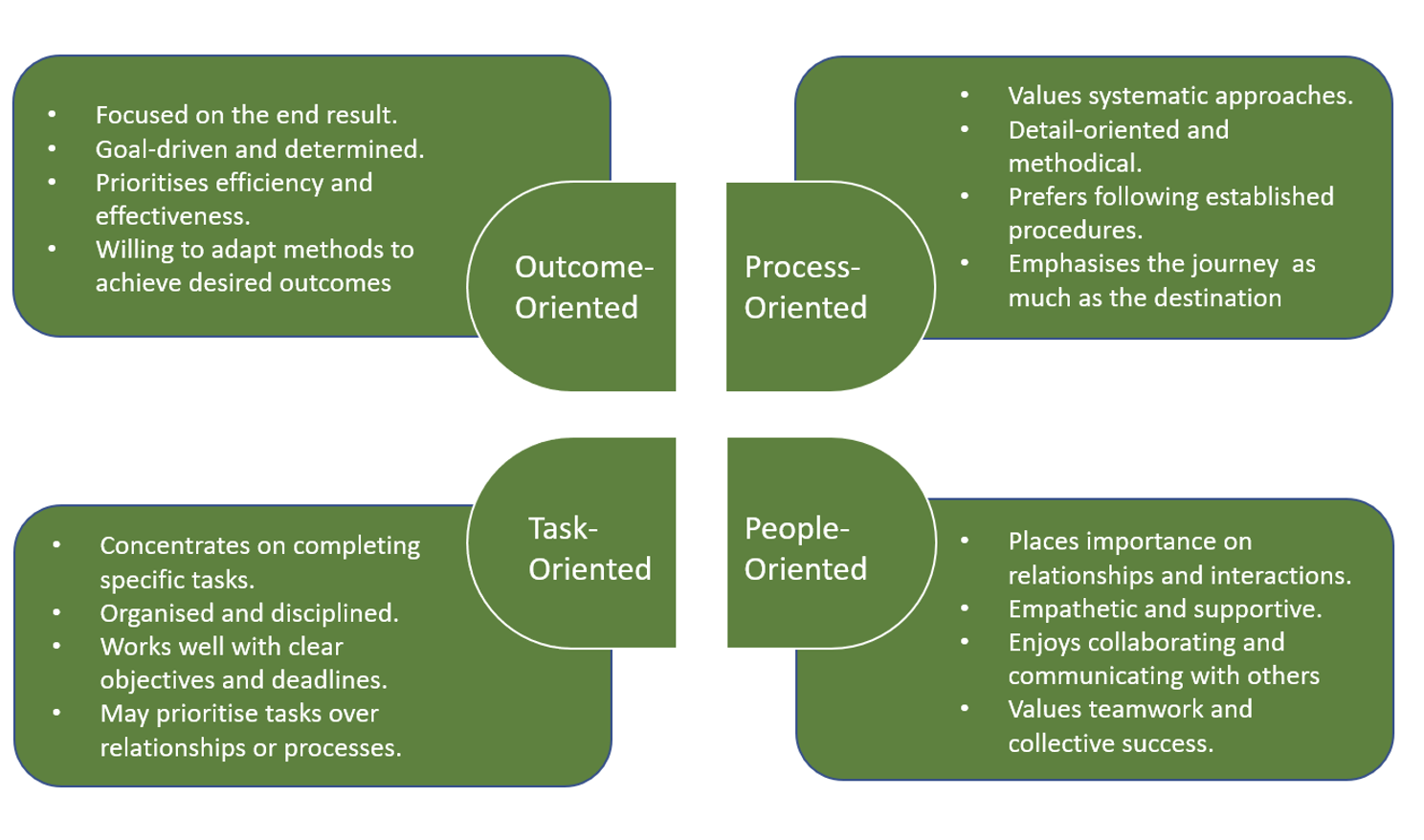
Albert Einstein“Life is just like a game. First, you have to learn the rules of the game, and then play it better than anyone else.” This statement is more than a metaphor. It is an acknowledgment of the unpredictability that defines our journey.
Life’s game is not always fun; it is filled with unforeseen challenges and obstacles. Just when you are on the brink of success, a single viable can change the outcome entirely.
While some live on life’s edge, embracing the unknown, come what may, there are also those whose destiny is altered by one defining moment.
Take, for example, the story of a former client of mine. He was once a national player in an internationally recognised sport, fully immersed in the competitive world. However, he eventually resigned from the national team to follow his true passion—teaching. For him, this was what truly mattered, offering a deeper sense of fulfilment than the game ever could.
Game Is Over
Mr. G (name changed for confidentiality), in his early 30s, was in his prime years, representing his country in a highly competitive sport in the international arena.
For over a decade, Mr. G excelled as an athlete, winning numerous medals and accolades in international competitions. To his peers, family members, and friends, his achievements were nothing short of admirable.
With Mr. G’s stellar performance earning widespread commendation, the consensus was that his sports career would continue for another ten years, after which he could transition into a highly sought-after coaching role on the global scene.
Yet, Mr. G was deeply unhappy, both mentally and emotionally.
When Mr. G approached me for counselling, my preliminary mental health assessments revealed that he was depressed to a degree. His low mood stemmed largely from the conflict between what he truly wanted in life and the demands placed on him in such a high-pressure and competitive environment.
Unfortunately, as a national athlete, Mr. G had little choice in his career path at the time. Every day, he was subjected to intense training and practices, surrounded by fiercely competitive individuals. This environment left him mentally fatigued and burned out. To make matters worse, he feared that sharing his distress with his coaches, could lead to disbelief or mistrust. The lack of emotional outlets worsened his depression.
Mr. G’s story highlights the often-overlooked mental and emotional struggles that can accompany a high-stakes career, even one as seemingly glamorous as a professional sportsperson.
Stay On Game
During our first therapy session, in the safety of a confidential environment, Mr. G’s trust in me allowed him to finally release the emotions he had been holding back. He expressed deep regret and remorse for not pursuing his childhood dream of becoming an educator. Instead, he followed the advice of his parents and friends to leverage his natural athletic talents for a promising career in sports.
Mr. G recognised that he had a natural talent for his sport, an undeniable gift that had propelled his career. However, his true passion lies in sharing his knowledge and skills with others. He found the greatest satisfaction in nurturing others, witnessing their growth and mastery of a subject or skill. For him, the joy of teaching and mentoring far outweighed the thrill of competition.
Building on this emotional release of what we called “catharsis” in therapy, we worked together over several therapy sessions, processing his negative emotions and feelings through various therapeutic modalities. We also addressed his depression.
Through the therapy process, we uncovered a major contributor to Mr. G’s mental distress: the profound misalignment between his natural inclinations and the roles and responsibilities imposed on him. This dissonance between his innate desire to nurture others and the competitive, outcome-focused nature of his athletic career, was at the heart of his struggle.
To help Mr. G better understand this conflict, I created a visual diagram to illustrate the differences between being Outcome-Oriented versus Process-Oriented, and Task-Oriented versus People-Oriented, as shown below:

Mr. G was naturally aligned with being both Process- and People-Oriented. He found fulfilment in the journey of working collaboratively with others toward a shared goal, valuing teamwork and collective achievement over individual success. He derived joy from the process itself, rather than focusing solely on the end result.
However, as a professional athlete competing on the international stage, Mr. G was placed in an environment that emphasised outcome-driven success and individual performance. This misalignment between his natural inclinations and the pressures of his career created a deep sense of dissatisfaction and impacted his overall mental well-being.
The incongruity between Mr. G’s personal values and the demands of his professional life had a significant effect on his happiness and mental health, leading to the distress he experienced.
A Game-Changer
Mr. G and I dedicated significant time, energy, and resources to processing and addressing his emotional regulation and stabilisation. Once we had restored his emotional equilibrium, we shifted our focus to his life aspirations and career direction, which were the causes of his depression.
During a pivotal therapy session, I posed a question to Mr. G: “Does every athlete need to be strictly task- and outcome-oriented, solely focused on winning?” Without hesitation, he responded, “Of course!“
Gently but firmly, I pressed further, “Are you sure? In such an environment, is there no room to fully savour the joy that sports can bring? What about the cultivation of sportsmanship, and the idea of competing with oneself to surpass personal limits?“
Mr. G fell silent for a moment, deep in thought. Then, he looked up and said, “No. Beyond winning, a true athlete with genuine sportsmanship should take joy in the process of continuously pushing beyond their limits. They should also share their techniques and skills with others, helping to advance human potential and capability.” He paused, then added with newfound clarity, “Yes! I could coach others, passing on what I’ve mastered.”
Seeing Mr. G reach this epiphany, I seized the moment to guide him in crafting an action plan. After some discussion, he decided to remain in the sports world, but in a new role, as a coach rather than an athlete. He also planned to become a part-time tutor and enrol in a teacher training course, with the ultimate goal of becoming an educator.
We both understood that this transformation would be challenging, fraught with obstacles and potential criticism. But Mr. G was determined to follow his passion. The same determination and willpower that had driven his athletic success would now fuel his pursuit of new life milestones.
Someone wise once said, “I can’t play your game because I’m always ahead of it.” Mr. G realised that, though he had been labelled an athlete, he had always been a coach in his mind. By choosing to fast-track his transition from athlete to coach, a move many of his peers had foreseen, he embraced his true calling as an educator in his heart. He found fulfilment not just in winning, but in mentoring others to achieve their own victories. By accepting this truth, Mr. G was not just playing the game of life; he was rewriting the rules, steering his journey toward genuine success.
Not long after our pivotal session, Mr. G reached out to tell me that he had resigned from his athletic career and was in the process of becoming a junior coach in his sport. I knew the transition would not be easy and that he likely faced resistance and condemnations from various stakeholders. Yet, I was confident that he was on the right path, setting higher goals for his life and moving towards a future aligned with his true passions.
On my business card, I am a corporate president.
In my mind, I am a game developer.
But in my heart, I am a gamer.
Satoru Iwata
Note:
This article is designed for general readers, so the case conceptualisation, intervention strategies, and discussions have been simplified for easy reading, comprehension, and relevance. Additionally, the profiles, backgrounds, and demographics of the individuals mentioned have been modified to protect their identities.
Image:
https://toppng.com/show_download/125112/play-pause-icon-transparent-play-pause-stop-icon
References:
- A quote by Albert Einstein. (n.d.). Www.goodreads.com. https://www.goodreads.com/quotes/7653189-life-is-just-like-a-game-first-you-have-to
- A quote by Satoru Iwata. (2024). Goodreads.com. https://www.goodreads.com/quotes/7845018-on-my-business-card-i-am-a-corporate-president-in
- I can’t play your game because I’m always ahead of it.| Play quotes, Mind games quotes, Real life quotes. (2024). Pinterest. https://www.pinterest.com/pin/i-cant-play-your-game-because-im-always-ahead-of-it–422353271283729715/
About Krish Phua
Krish Phua is a registered Counsellor, Psychotherapist, and certified Clinical Supervisor specializing in Gender and Sexuality, HIV and AIDS, and Couple and Family Therapy. With over 10 years of experience in various settings, Phua provides therapy for individuals, couples, families, and groups. He also offers crisis management, intervention, and psychosocial support to marginalized communities.
Phua holds a Master’s degree in Social Science (Professional Counselling) and is currently pursuing a PhD in Counselling Psychology. He is also an adjunct faculty / lecturer and a trainer in some educational institutions for adult learners. He is fluent in English, Chinese, and Cantonese.

